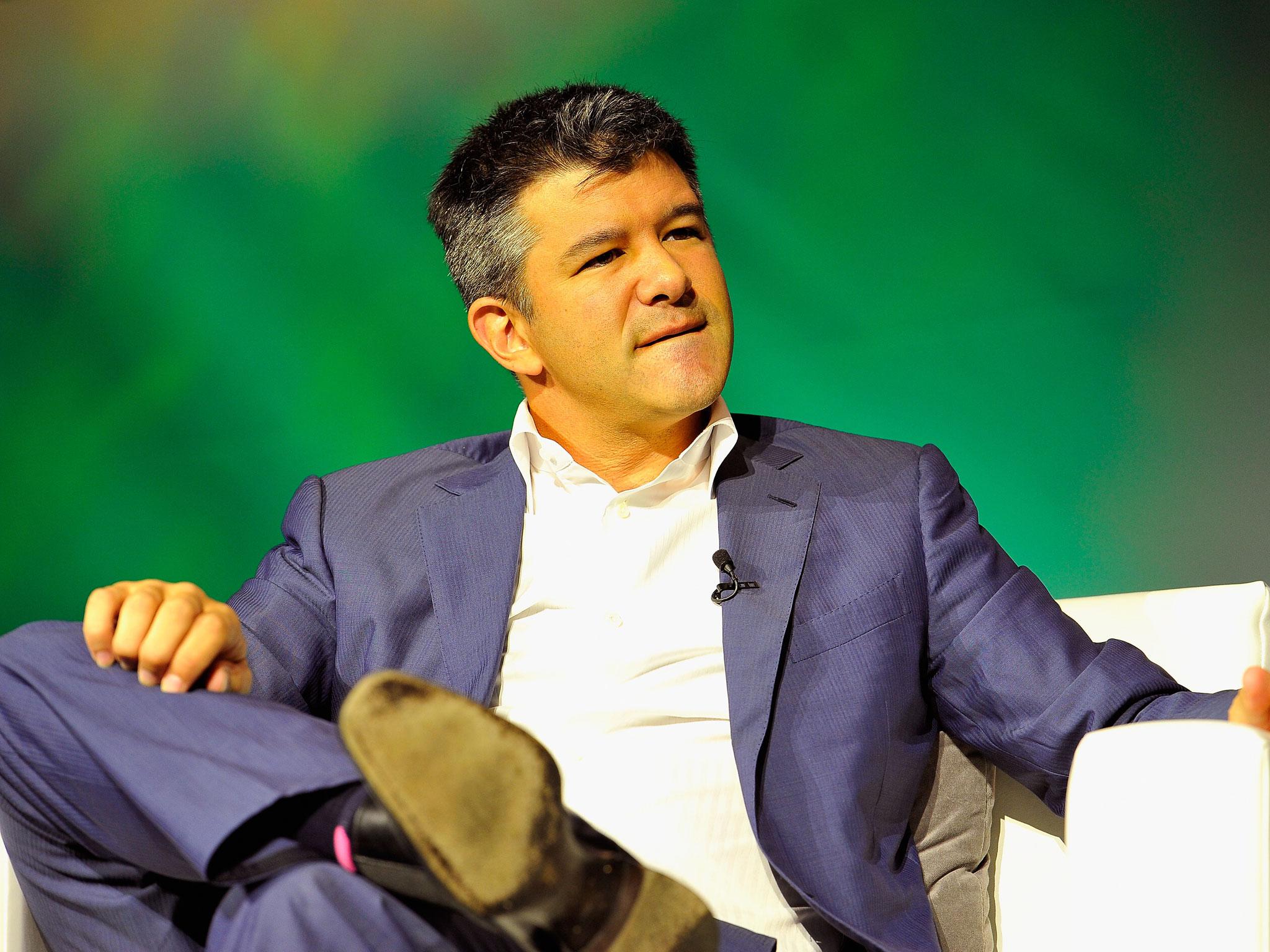Uber's deal with Didi in China is a win for both but drivers won't be cheering
The merger will hand Didi a dominant market share and pricing power

Your support helps us to tell the story
From reproductive rights to climate change to Big Tech, The Independent is on the ground when the story is developing. Whether it's investigating the financials of Elon Musk's pro-Trump PAC or producing our latest documentary, 'The A Word', which shines a light on the American women fighting for reproductive rights, we know how important it is to parse out the facts from the messaging.
At such a critical moment in US history, we need reporters on the ground. Your donation allows us to keep sending journalists to speak to both sides of the story.
The Independent is trusted by Americans across the entire political spectrum. And unlike many other quality news outlets, we choose not to lock Americans out of our reporting and analysis with paywalls. We believe quality journalism should be available to everyone, paid for by those who can afford it.
Your support makes all the difference.Uber is a star of the new “sharing economy” and another winner to drive out of California’s technology hub and into global corporate superstardom.
Its deal with China’s Didi Chuxing is, however, a decidedly old fashioned affair. After fighting each other for two years the two companies are putting their operations together.
Uber is selling its Chinese arm to its larger local rival in return for a 20 per cent stake in the $35bn (£26.5bn) company that will be created.
The US outfit will become the newly merged business’s biggest shareholder and Uber chief executive Travis Kalanick will join Didi’s board. Meanwhile, Didi Chuxing chief Cheng Wei will join Uber’s board. Didi is also investing $1bn in Uber, which has the advantage of a global footprint.
The resultant business will emerge as a winner quicker than you can say “cross shareholding”.
Richard Ji, Hong Kong based co-founder of All-Stars Investment told Reuters that the deal “will lead to favourable outcomes for both companies”.
He isn't wrongl. They will be able to relax and exploit their pricing power.
Uber is a dominant in most of the markets in which it operates. Didi is dominant in China. Their alliance cements their power. A chill wind will be blowing through divers’ cabs.
Stories about Uber drivers’ poor earnings have followed the company like a bad smell. It has also been accused of squeezing existing taxi firms in the cities it moves into, even of stopping driving from being viable as an economic activity.
Customers, however, love it, which has helped to insulate the company from some of the criticisms levelled at it. Whether that is sustainable remains to be seen.
Supporters argue that we should hail a new and innovative business model. “Adapt,” they cry. “Compete.” What they fail to do is explain how the neighbourhood mini cab firm is supposed to square up to a multi billion dollar company that has the financial muscle to swat them aside. Or to do deals like the one with Didi when that isn’t possible.
Join our commenting forum
Join thought-provoking conversations, follow other Independent readers and see their replies
Comments